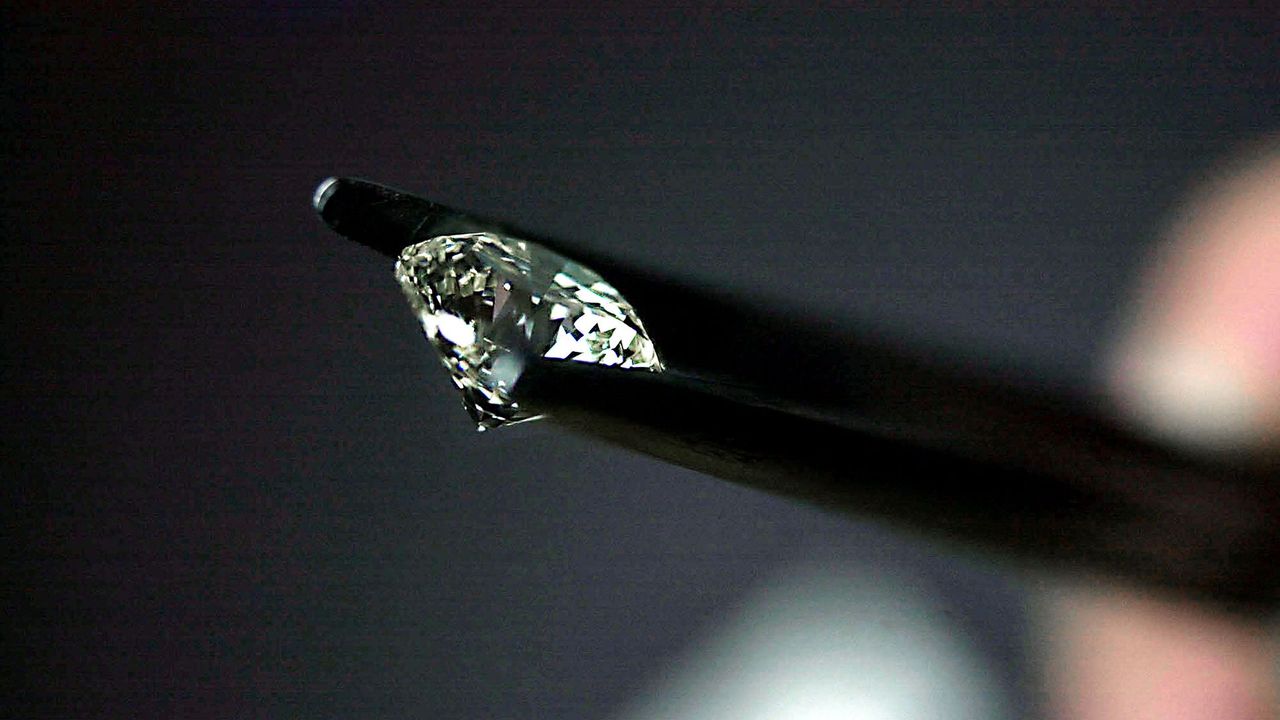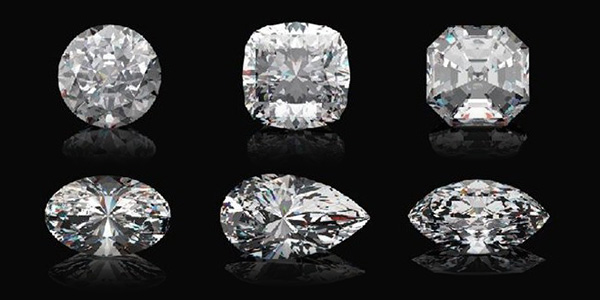Introduction
When it comes to buying diamonds, certification is key. Certification from a recognized grading lab ensures that the diamond you’re purchasing meets specific standards for quality and authenticity. The two most well-known and respected diamond grading labs in the world are the Gemological Institute of America (GIA) and the International Gemological Institute (IGI). Both institutions are known for their expertise in evaluating diamonds, but there are some notable differences between the two.
So, if you’re trying to decide which certification to trust for your diamond purchase, should you go with igi vs gia? In this article, we’ll dive into the details of each organization, compare their grading systems, and help you understand the key differences so you can make an informed decision.
What is Diamond Grading?
The Importance of Certification
Before we get into the differences between IGI and GIA, it’s important to understand what diamond grading is all about. Diamond grading is the process which a diamond is evaluated based on its key characteristics, commonly known as the 4Cs: Cut, Color, Clarity, and Carat weight. The purpose of grading is to provide a standardized assessment of the diamond’s quality, which can help buyers make educated decisions and ensure that they’re getting the best value for their investment.
A diamond certificate, issued an accredited lab like GIA or IGI, acts as a guarantee that the diamond has been evaluated trained professionals using internationally recognized standards. This certification helps consumers compare diamonds with confidence and avoid purchasing subpar stones.
What is GIA?
An Overview of GIA
The Gemological Institute of America (GIA) is widely regarded as the most authoritative diamond grading lab in the world. Founded in 1931, GIA is a nonprofit organization that has set the standard for diamond grading and is considered the gold standard in the industry.
GIA History and Reputation
GIA’s reputation is impeccable. The institute is known for its rigorous grading standards, scientific approach to diamond evaluation, and dedication to education. In fact, GIA was the first to develop the 4Cs grading system, which has since been adopted every other diamond grading organization around the world.
Because GIA is so highly regarded, many of the top jewelers and diamond retailers use GIA certification to validate their diamonds. GIA’s rigorous standards and transparency make it a trusted name in the diamond industry, ensuring that consumers receive diamonds of the highest quality.
GIA Grading System
GIA’s grading system is incredibly thorough and is often considered the most reliable. GIA evaluates diamonds on the following 4Cs:
- Cut: The quality of the diamond’s proportions, symmetry, and polish, affecting its brilliance.
- Color: The presence of any color in the diamond, with the most valuable diamonds being colorless.
- Clarity: The presence and visibility of internal inclusions and external blemishes.
- Carat Weight: The size of the diamond, which affects its overall value.
GIA’s grading reports are recognized worldwide and are known for their accuracy, consistency, and transparency.
What is IGI?
An Overview of IGI
The International Gemological Institute (IGI) is another highly respected diamond grading organization, founded in 1975. IGI operates in over 20 countries and has established itself as one of the largest gemological labs in the world. While IGI is well-regarded, it is often seen as a more affordable alternative to GIA, with a broader focus on both diamonds and other gemstones.
IGI History and Reputation
IGI has built a solid reputation over the years, especially in the jewelry and retail markets. IGI’s grading reports are accepted many jewelers, but they are generally considered to be less prestigious than GIA reports. IGI is often used brands that offer diamonds at a more accessible price point, as their services tend to be slightly more affordable.
While IGI is still a highly respected grading lab, it doesn’t carry the same level of prestige or recognition as GIA, especially when it comes to high-end diamonds. However, many consumers still trust IGI’s certifications and find their diamonds to be high-quality.
IGI Grading System
Like GIA, IGI evaluates diamonds based on the 4Cs. The grading system used IGI is largely similar to GIA’s, but some differences in grading might be noted. For example, IGI is sometimes perceived as slightly more lenient when it comes to color and clarity grading. This means that diamonds graded IGI may sometimes receive higher grades compared to the same diamonds graded GIA, though both labs adhere to similar guidelines.
GIA vs IGI: Key Differences
Comparing the Two Labs
While both GIA and IGI provide reliable grading reports, there are several key differences that you should be aware of when choosing a grading lab.
Diamond Grading Accuracy
One of the most significant differences between GIA and IGI is the perceived accuracy of their grading. GIA has a reputation for being the most rigorous and conservative grading lab in the industry. This means that diamonds graded GIA are often considered to be evaluated with the highest level of scrutiny.
IGI, on the other hand, is sometimes considered to be a bit more lenient in its grading. This is particularly notable in the areas of color and clarity, where some people believe IGI is more inclined to give a diamond a higher grade than GIA might.
Reputation and Recognition
GIA is widely recognized as the gold standard for diamond grading, and its certificates are trusted professionals and consumers worldwide. Many high-end jewelers, especially those dealing with large or rare diamonds, rely on GIA grading for their inventory.
IGI is still a respected grading institute, but it does not carry the same level of prestige as GIA. That said, IGI’s certifications are still widely accepted, especially in the retail market, and many consumers feel confident buying diamonds graded IGI.
Cost and Accessibility
GIA’s grading reports are typically more expensive than IGI’s. This is partly because GIA’s grading process is more thorough and time-consuming. For those on a budget, IGI can offer a more affordable option, without compromising too much on quality. However, the trade-off is that you might get a slightly less stringent grading evaluation.
IGI also has a broader reach in terms of locations and availability, making it a convenient option for retailers and consumers worldwide. If you’re looking for a fast turnaround on grading, IGI may be a better option for your needs.
GIA vs IGI: What Consumers Prefer
Which Lab Should You Choose?
Ultimately, the decision between GIA and IGI comes down to personal preference, budget, and what you’re looking for in a diamond.
- If you’re buying a high-value diamond, especially for an engagement ring or investment, many people prefer GIA-certified lab grown diamonds due to the lab’s reputation for rigorous grading and its higher resale value.
- If you’re on a budget or looking for a diamond at a more accessible price point, IGI-certified diamonds might be a good option. While IGI’s grading may be slightly more lenient, it still provides a reliable and trustworthy certification.
Conclusion
In the debate of GIA vs IGI, both grading labs have their merits. GIA is considered the gold standard for diamond grading, known for its accuracy and prestige. If you’re looking for a diamond that has been evaluated with the highest level of scrutiny, GIA is likely your best choice.However, if you’re seeking a more budget-friendly option, or if you’re buying a diamond for a more casual occasion, IGI can still offer reliable and reputable certification at a lower cost. Ultimately, it comes down to the type of diamond you’re purchasing and your personal preferences.





